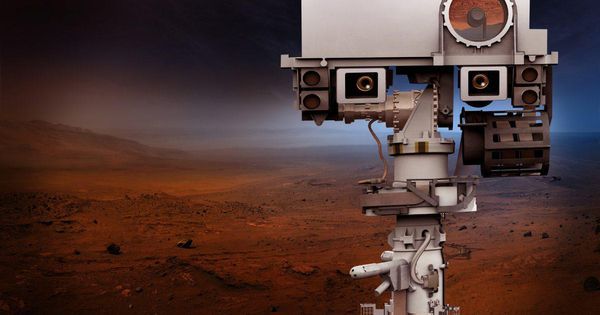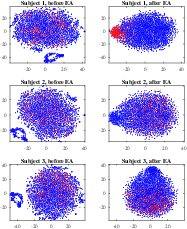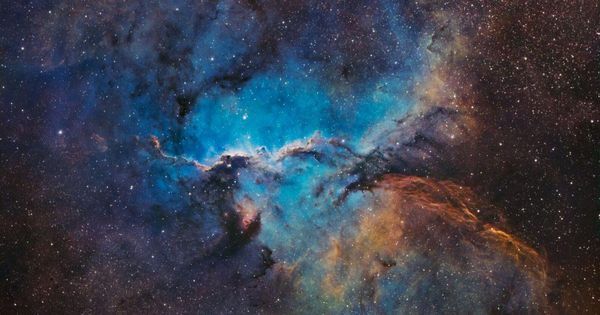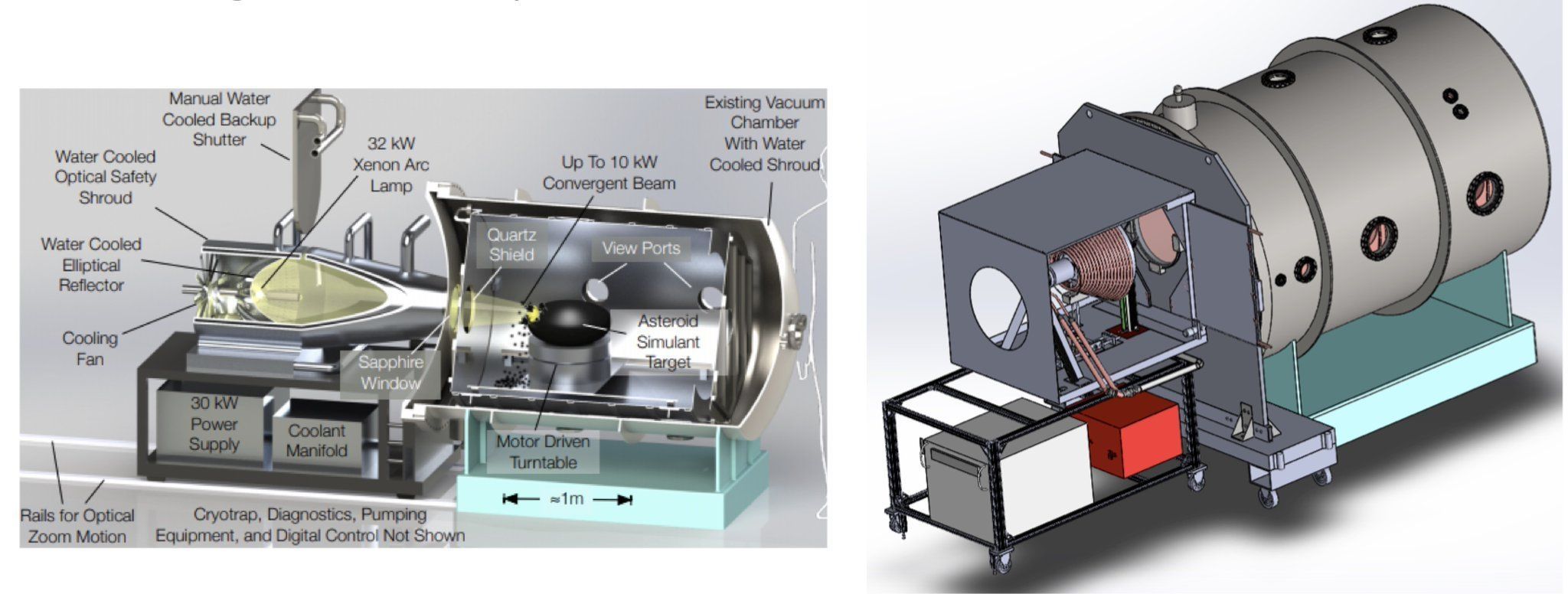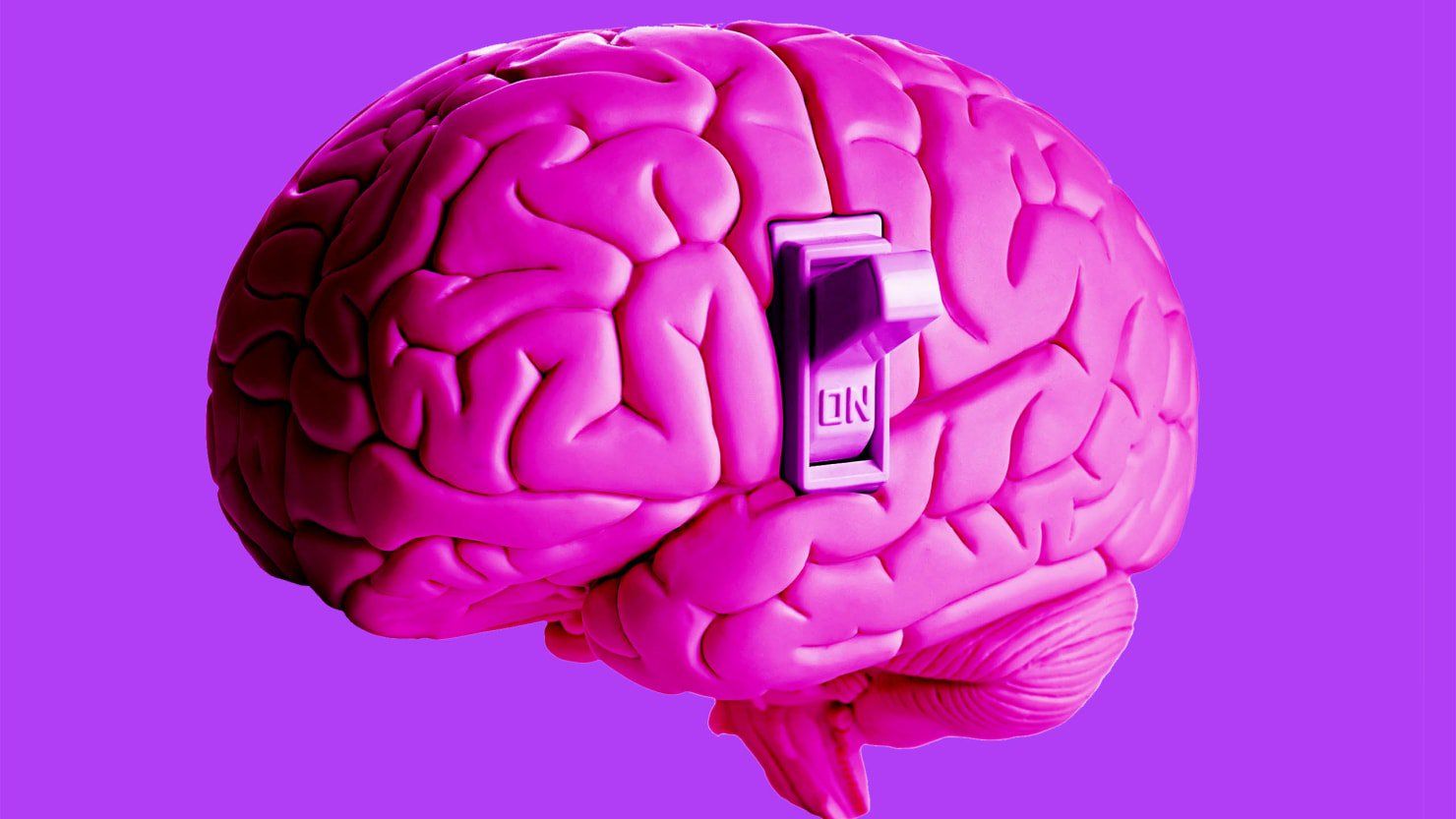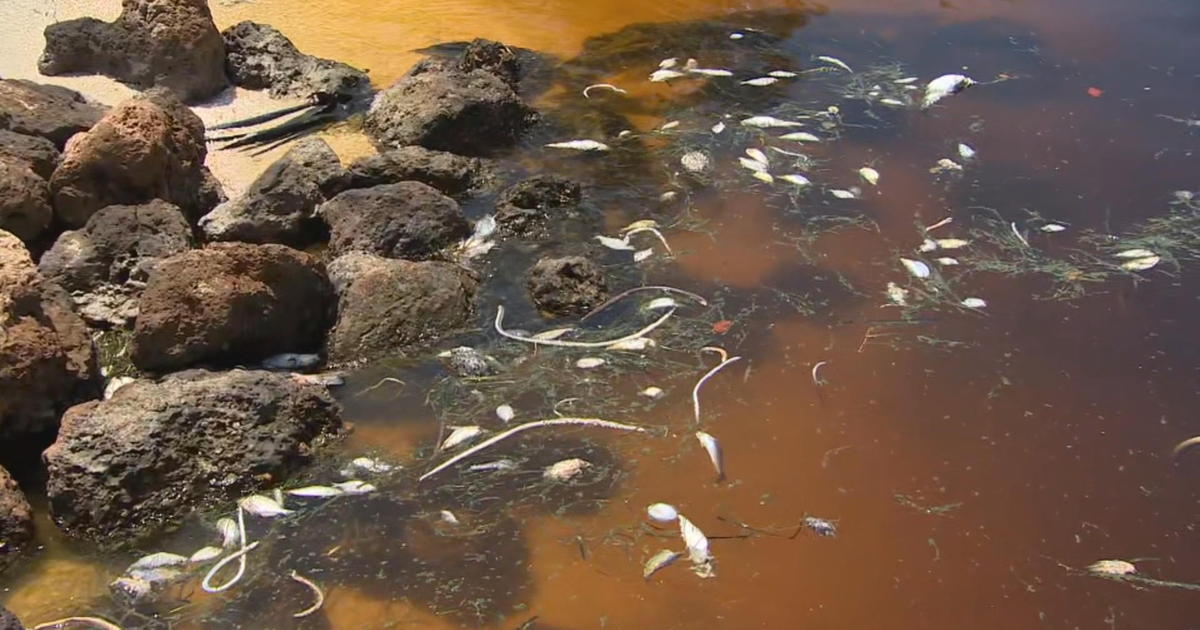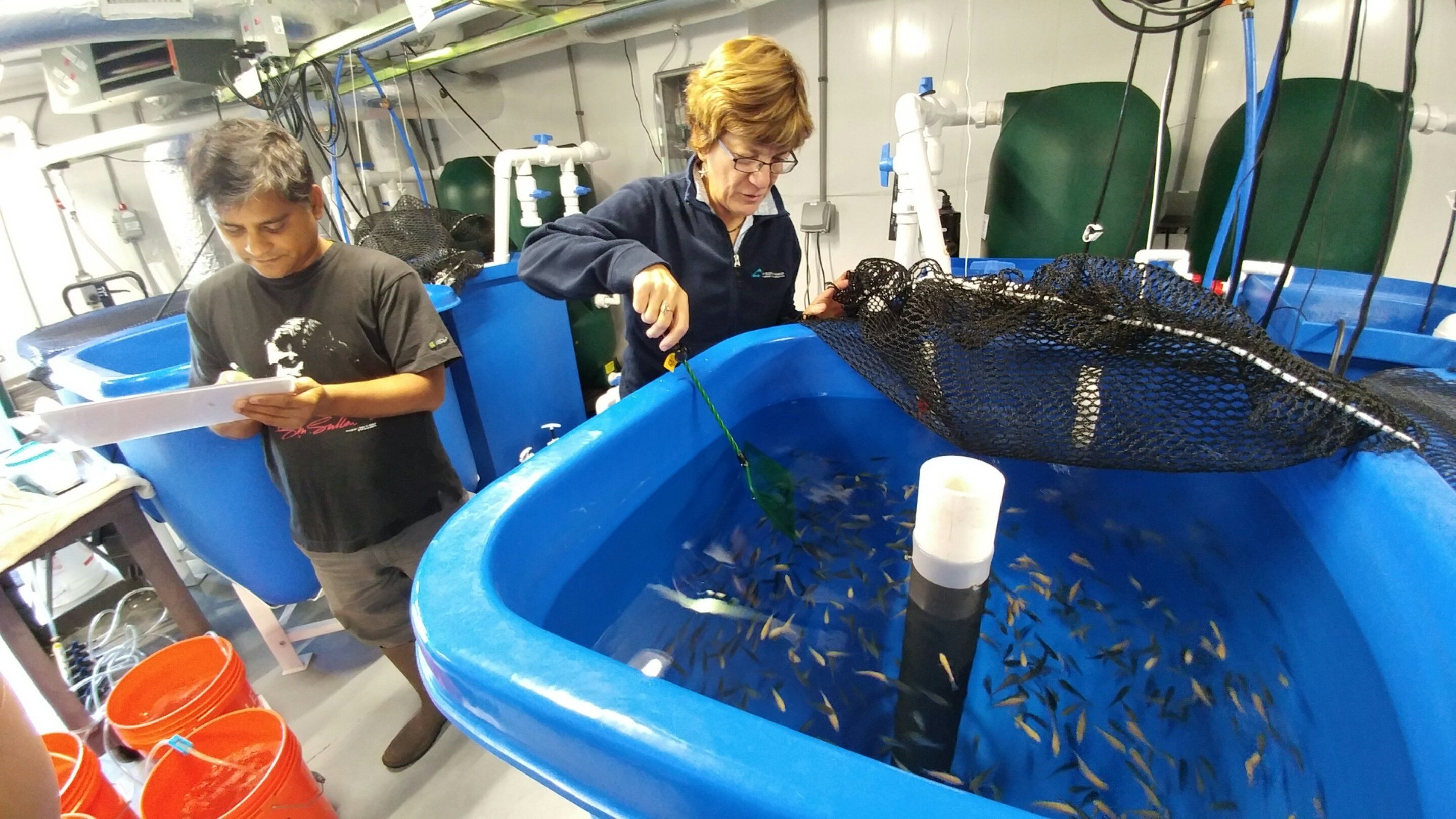Page 9273
Aug 19, 2018
Transfer Learning for Brain-Computer Interfaces: An Euclidean Space Data Alignment Approach
Posted by Marcos Than Esponda in categories: computing, neuroscience, space
The problem with the Fermi Paradox is our narrow assumption of life as being biological in form and time as being linear in direction. Chances are we are the sentient descendants of the civilizations we are looking for.
Aug 19, 2018
Keynote: “Future of Healthy Longevity”
Posted by Montie Adkins in categories: biotech/medical, life extension, transhumanism
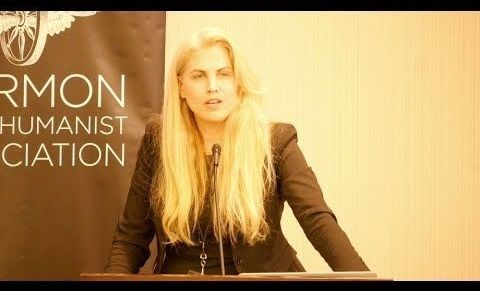
Lincoln Cannon asked me to do a talk a few months ago for the MTA. It was a good time. I learned a lot from the other speakers. Bryan Johnson opened the event and it was interesting to learn about his path and vision for the future. I would like to see many more people in his position. My goal is to make many millionaires out of biotech visionaries through the BioViva platform so that they can reinvest into great tech. Thanks, Lincoln and Bryan!
At the 2018 Conference of the Mormon Transhumanist Association, held 7 Apr 2018 at the Marriott Hotel and Conference Center in Provo, UT, speakers addressed the themes of Mormonism, Transhumanism and Transfigurism, with particular attention to topics at the intersection of technology, spirituality, science and religion. Members, friends and critics of the association have many views. This is one of them. It is not necessarily shared by others.
Aug 19, 2018
We are days away from turning on the Optical Mining test bed!
Posted by Klaus Baldauf in categories: energy, space
Aug 18, 2018
Flip a switch and shut down seizures?
Posted by Genevieve Klien in category: neuroscience
Aug 18, 2018
Scientists testing new solution to fight Florida’s toxic red tide
Posted by Genevieve Klien in category: futurism
At least seven counties in Florida are under a state of emergency for a toxic algae bloom that has killed thousands of marine animals. But researchers at a lab in Sarasota say they have a machine that can fight the red tide.
The state of Florida is at war with a toxic red tide. A tide that is killing marine life along the Sunshine State’s southwest coast and creating a stench.
“The smell is just a little unbearable,” said one vacationer.
Continue reading “Scientists testing new solution to fight Florida’s toxic red tide” »
Aug 18, 2018
How A Humble Microbe Shook The Evolutionary Tree
Posted by Genevieve Klien in category: biological
The discovery that a methane-burping microbe was not a bacterium, added a new, third branch to the tree of life: The Archaea.
Aug 18, 2018
Stacking concrete blocks is a surprisingly efficient way to store energy
Posted by Bill Kemp in categories: energy, materials
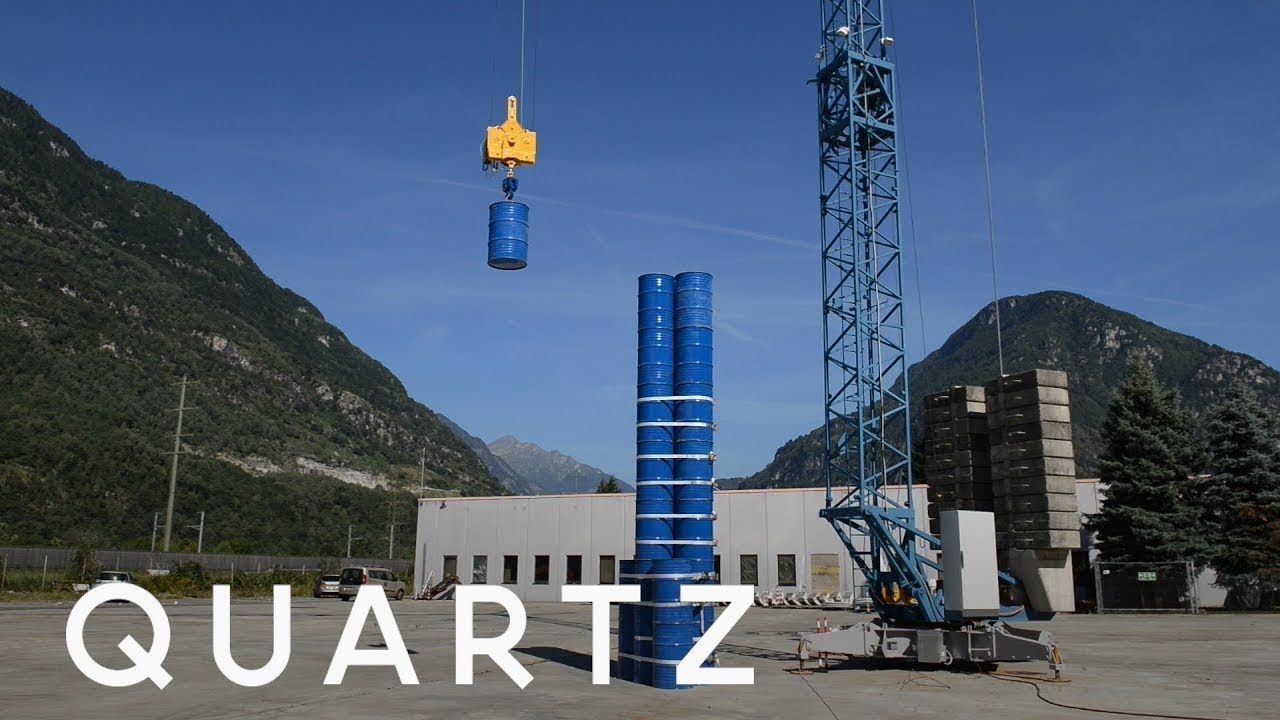
To deal with variable solar and wind power, the startup Energy Vault is coming out of stealth mode to offer alternatives to lithium-ion batteries.
Aug 18, 2018
Making aquafeed more sustainable: Scientists develop feeds using a marine microalga co-product
Posted by Bill Kemp in categories: biotech/medical, food, health, sustainability
Dartmouth scientists have created a more sustainable feed for aquaculture by using a marine microalga co-product as a feed ingredient. The study is the first of its kind to evaluate replacing fishmeal with a co-product in feed designed specifically for Nile tilapia. The results are published in the open access journal, PLOS ONE.
Aquaculture is the world’s fastest growing food sector, surpassing the global capture fisheries production in 2014. It provides more than 50 percent of the food supply to humans; however, it poses several environmental concerns. Aquaculture feed (aquafeeds) draws on 70 percent of the world’s fishmeal and fish oil, which is obtained from small, ocean-caught fish such as anchovies, sardines, herring, menhaden, and mackerel¬, that are essential to the lower end of the marine food chain. Analysts project that by 2040, the demand for fishmeal and fish oil will exceed supply. Aquafeeds also draw on large amounts of soy and corn from industrial farms, which pose other environmental concerns due to the use of fertilizers and potential runoff into rivers, lakes and coastal waters. In addition, aquafeeds may trigger nutrient pollution in aquaculture effluent, as fish are unable to fully digest soy and corn, which are major feed ingredients.
To address the environmental sustainability concerns regarding aquafeed, a Dartmouth team has been developing sustainable feeds for Nile tilapia, which examine the effectiveness of replacing fishmeal and fish oil with different types of marine microalgae. Marine microalgae are excellent sources of essential amino acids, minerals, vitamins, and omega-3 fatty acids, and can therefore, meet the nutrient requirements of fish. Omega-3 fatty acids are important for maintaining fish health; they also have neurological, cardiovascular and anti-cancer benefits to humans.
